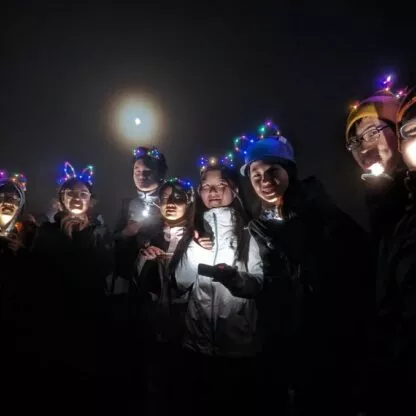Student writing and views
Concord’s students are thoughtful and creative, many of them share their talents and thoughts by writing reports or creating videos.
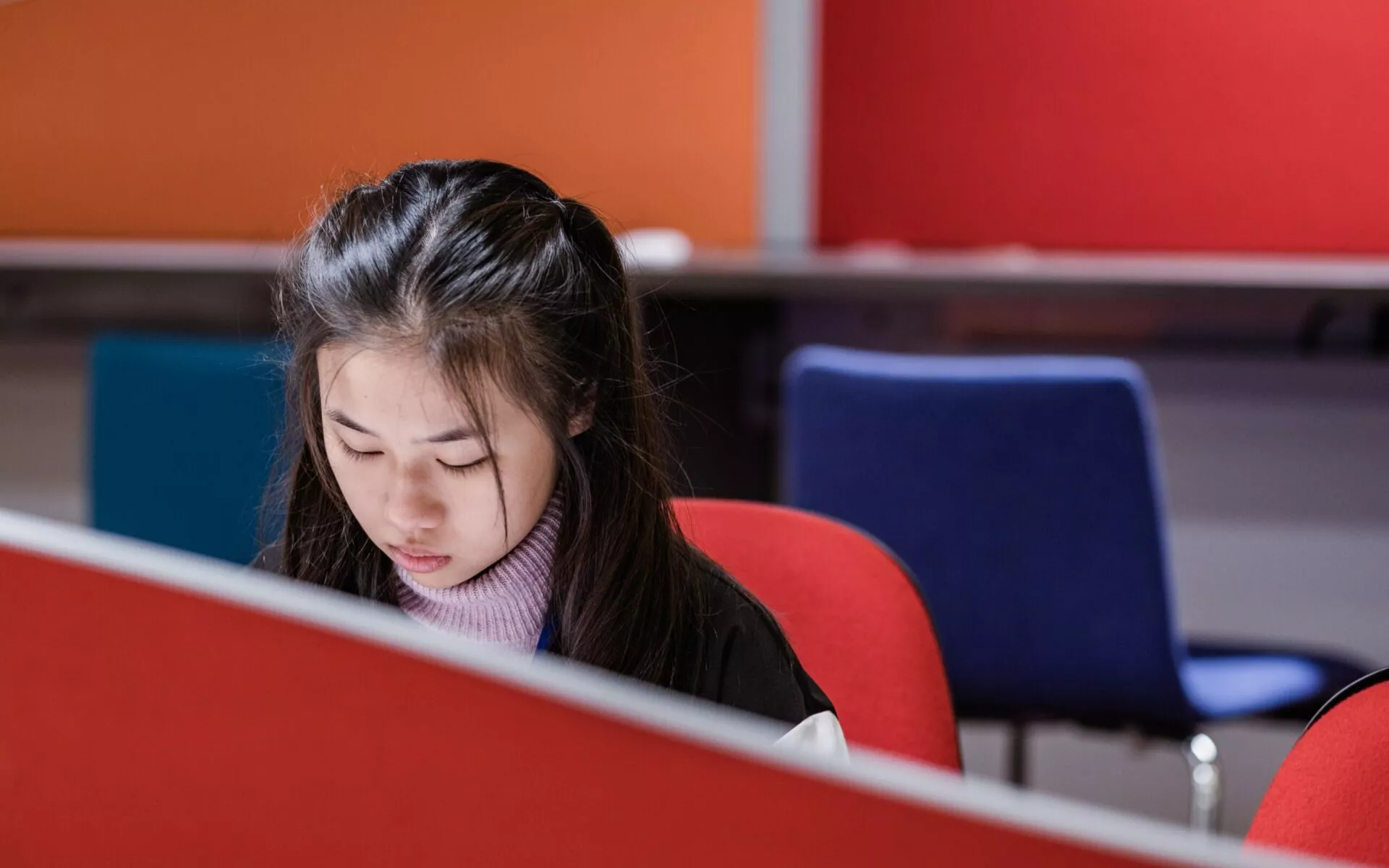
Eight Sixth Form Prefects and 4 Lower School Monitors volunteer to join the team that produces and edits written and video content for the Concord community.
This year’s teams are:
Prefects: Polina, Risa, Angelina, Noel, Fuad, Isaac, Alfred, and Juliet
Monitors: Hayden, Mavis, Ginny and Joseph
There are also a number of student publications at Concord including Pillars (the magazine of the Medical Society), Columns (a whole-school magazine), Spectrum (STEM) and Minerva (Humanities).
Please enjoy some of the reports from our students here:
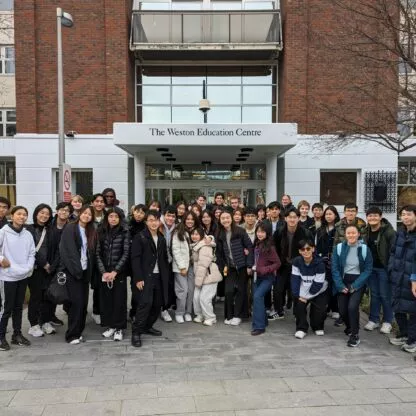
MedSoc Trip to King’s College Hospital
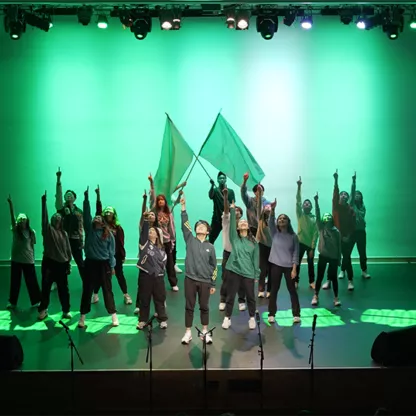
House Arts 2023
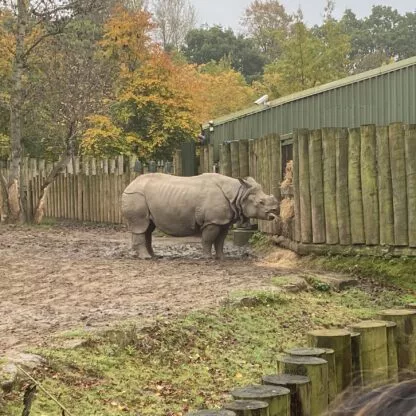
Half Term Activities
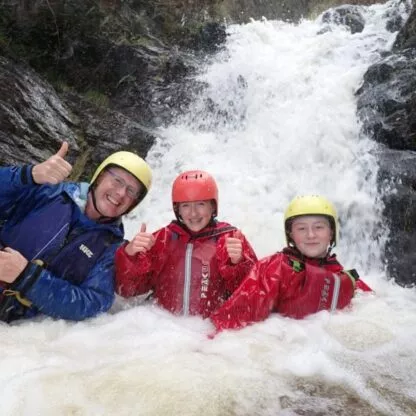
Form 5 Arthog Outdoor Activities
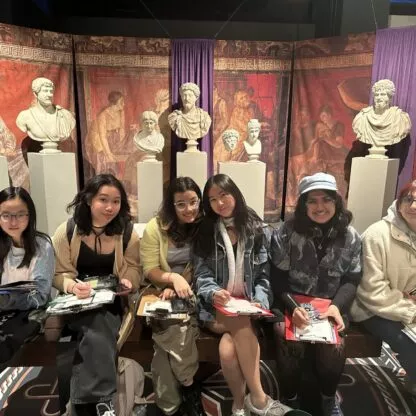
Art Trip to Liverpool
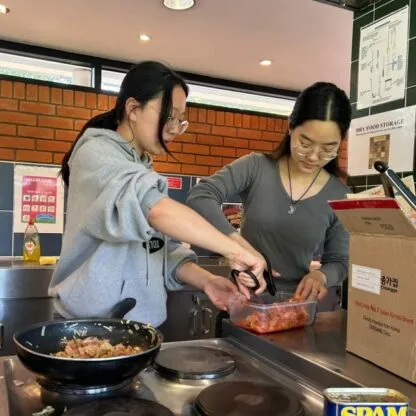
Concord’s International Food Fayre
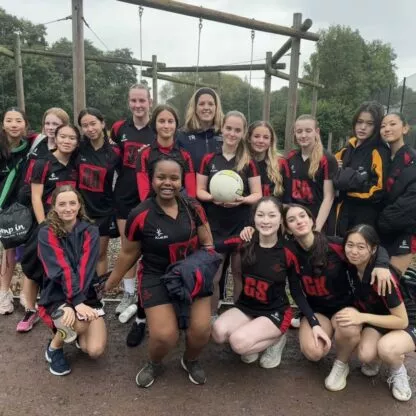
JCA Weekend Netball Tournament
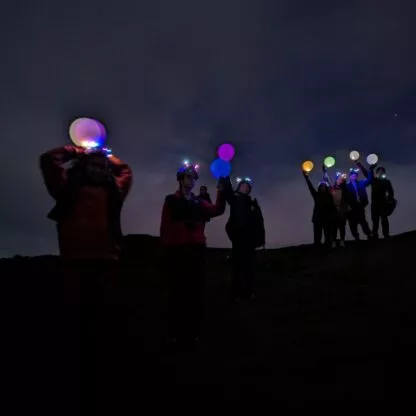
A November Moonlit Walk
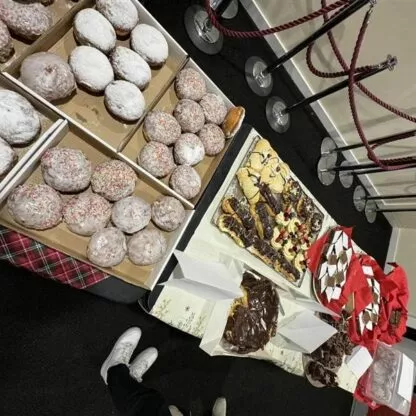
Sweet Success of Sixth Form Bake Sale
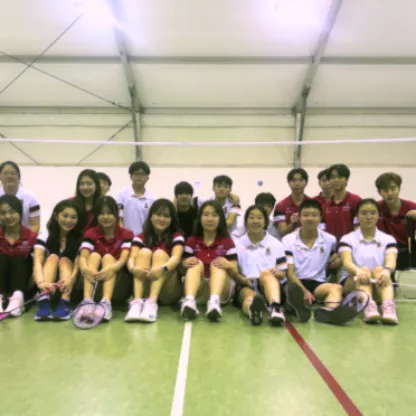
Badminton match against Shrewsbury School
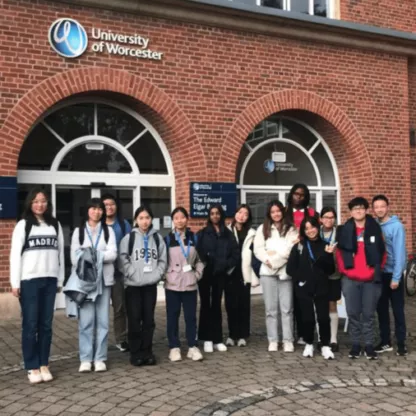
Insightful University Visits for Sixth Formers
